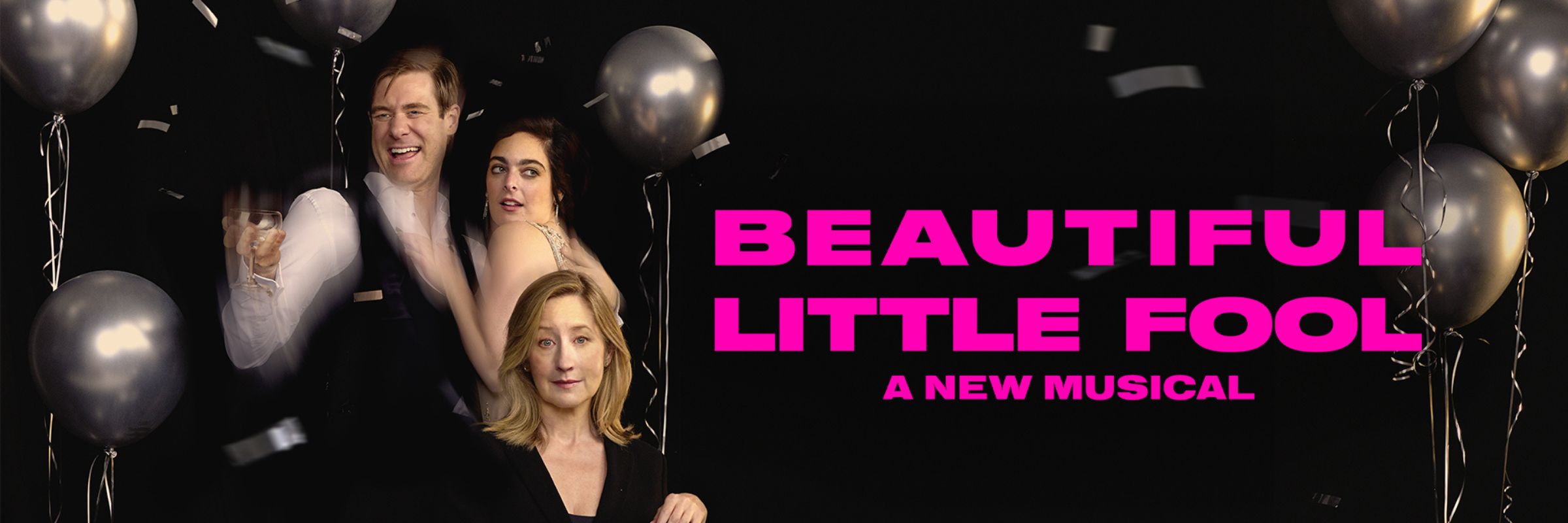
Circling the confines of The Hope Theatre, two stories of belonging and identity swirl in the form of Odd Man Out. These one-man pieces, delivered as conversational monologues, spin together the themes of masculinity, fear and despair and ask us to consider the plight of the modern man through the art of storytelling.
In Dominic Grace’s Rabbitskin, Joe is a self-proclaimed runt. The youngest of five brothers, he has struggled to find his place in the family and now sits, surrounded by piles of books. Joe’s favourite thing in the world is listening to and reading other people’s stories and he frantically reels off lists of authors and poets. When it comes to telling his own story though, he shrinks back and changes the direction of his thoughts. Piece by piece, we learn that the death of Joe’s mother dealt a heavy blow to the family and while Joe listens to his father’s fantastical stories, he desperately seeks a way to escape his unhappiness.
Diary of a Welshcake, by Lesley Ross, tells the story of a man called Ralph. After finding out that his boyfriend has been unfaithful and ending their relationship, he moves out of the UK to make a fresh start and begin working on his novel, hitherto neglected. Ralph heads to Hong Kong and soon gets a job as an English teacher. As he gets to know his students, and discovers their chosen English names, one (charmingly named Hymen) takes him on a trip where she invites him to help her lose her virginity.
Both stories of Odd Man Out explore the art and universal enjoyment of storytelling and each character takes pleasure in painting a picture of the people and places in their lives. Rabbitskin is intense and filled with moments of distress while Diary of a Welshcake is upbeat and funny, each story complimenting the other well. Luke Adamson’s Joe is endearing and childlike, and he switches from portraying himself to the other members of his family with incredible ease. Grace’s script is well written and filled with nostalgic titbits that resonate with the audience yet the story’s events seem a little disjointed. By the end of the piece, we are left rather dazed by the final scene and unsure of Joe’s current circumstance. Ralph, played by Gregory Ashton, seizes our attention from the moment he steps onstage and never lets go. He is full of charisma and energy and pays real attention to Lesley Ross’s throwaway humour. The story feels like an extended anecdote from a stand-up show and the genuine, conversational tone keeps us engaged throughout. The story moves swiftly yet the false ending is rather jarring and almost makes the real ending, though touching, feel unnecessary.
The two halves of Odd Man Out are clever, imaginative and on the whole, enjoyable. There are a few gimmicky moments dotted about that aren’t needed but are no less entertaining. The space is well suited to the stories, with minimal props and set allowing us to give our attention fully to the stories. A celebration and exploration of storytelling, this double-bill is engaging and thought-provoking.
Reviewed by Alex Foott
Photo: Luke Adamson/Gregory Ashton


